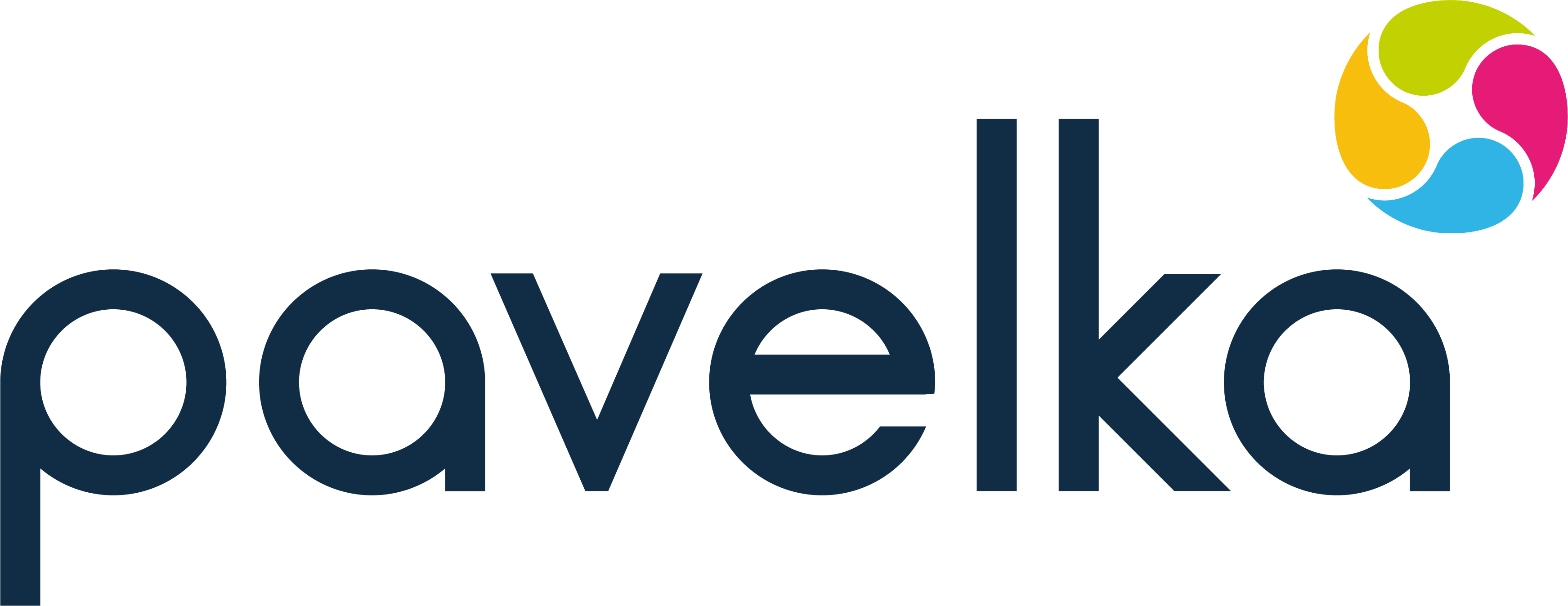
Article composed by Pavelka expert Simon Drury
I’ve often spoken about the need we all have for being in control. It has a direct impact on the way we feel. The more in control, the better we feel. One of the many strategies for helping us get back in control is keeping a personal journal.
So, what is a personal journal? Well, it’s a book in which you write about what happens to you and what you are thinking and feeling. And it can be so much more than this. It can afford you, the writer, the opportunity to gather your thoughts, focus on specific issues, externalise your feelings and take back control!
You can even write to someone specific. Someone real or imaginary. Please note, no-one is going to see your journal! Ann Frank once said of keeping a journal, ‘I can shake off everything as I write, my sorrows disappear, my courage is reborn’
So, what does this mean for you? Well, journaling is no longer old-fashioned, or just for folks of a certain older-and-wiser age. It’s something you need to do starting now. Journaling does more than just help you record your memories or find self-expression. It’s good for your health.
What are some of the short- and long-term health benefits of putting pen to paper?
Here are six benefits to you of journaling:
Reduces Stress
An overabundance of stress can be damaging to your physical, mental, and emotional health. It’s proven. Journaling is an incredible stress management tool. In fact, a study showed that expressive writing (like journaling) for only 15 to 20 minutes a day three to five times over the course of a four-month period was enough to lower blood pressure and improve liver functionality. Plus, writing about stressful experiences can help you manage them in a healthy way.You could establish journaling as a pre-bedtime meditation habit to help you unwind and de-stress. Or you could do it first thing in the morning. Make sure you are on your own and uninterrupted.
Improves Immune Function
Believe it or not, expressive writing can strengthen your immunity and decrease your risk of illness. Those who journal report improved immune system functioning (it strengthens immune cells) as well as lessened symptoms of asthma and rheumatoid arthritis. Expressive writing has been shown to improve liver and lung function and combat certain diseases. It has even been found to help the wounded heal faster.
Keeps Memory Sharp
Journaling helps keep your brain in tip-top shape. Not only does it boost memory and comprehension, it also increases working memory capacity, which may reflect improved cognitive processing.
Boosts Mood
Want more sunshine in your life? Try journaling. A unique social and behaviour outcome of journaling is this: it can improve your mood and give you a greater sense of overall emotional well-being and happiness. So much of this is because you will feel more in control as you write.
Strengthens Emotional Functions
Related to mood, journaling benefits overall emotional health. As journaling habits are developed, benefits become long-term, meaning that you become more in tune with your health by connecting with your inner needs and desires. Journaling evokes mindfulness and helps you remain present while keeping perspective.It presents an opportunity for emotional catharsis and helps the brain regulate emotions.
It provides a greater sense of confidence and self-identity. Journaling can help in the management of personal adversity and change and emphasise important patterns and growth in life. Research even shows that expressive writing can help individuals develop more structured, adaptive, and integrated schemes about themselves, others and the world. What’s more, journaling unlocks and engages right-brained creativity, which gives you access to your full brainpower. Indeed, journaling fosters growth.
Journaling helps with problem solving
One of the best ways to set goals is to write them down on paper along with your hopes, plans and ideas. Writing down your problems and being able to reflect on them, in writing, can inspire you to think and write about possible solutions.
I hope I’ve sold you on the fact that journaling is good for you — physically, mentally, emotionally and spiritually.
Here’s the exercise:
Go ahead and purchase a cheap, lined, marble composition book or another fancier option if you prefer and set aside a dedicated space and time for your journaling. And for now, put aside your laptop and tablet — writing by hand stimulates and trains the brain in a way digital communication doesn’t.
Simply start by writing a couple of paragraphs about something positive that happened to you yesterday and how you feel about it. But what if, like many people, you find yourself stuck, staring fruitlessly at a blank page? You could begin by writing a single line or detail the specifics of what you had for breakfast. And please, ditch the guilt of not being consistent or instantly motivated. It will come.
Don’t preoccupy yourself with managing perfect punctuation, grammar, or spelling. Just write and don’t censor yourself. This is for you. In fact, if you find the need to shout through your words, do it! Even writing swear words is allowable if it means you offload negative emotions.
There are no rules when it comes to starting or maintaining a journal. It’s important to find a routine that works for you, whether it’s once a day, once a week or once a month. Journaling is most effective when done consistently.
Remember, you don’t have to be Shakespeare – happy journaling!
